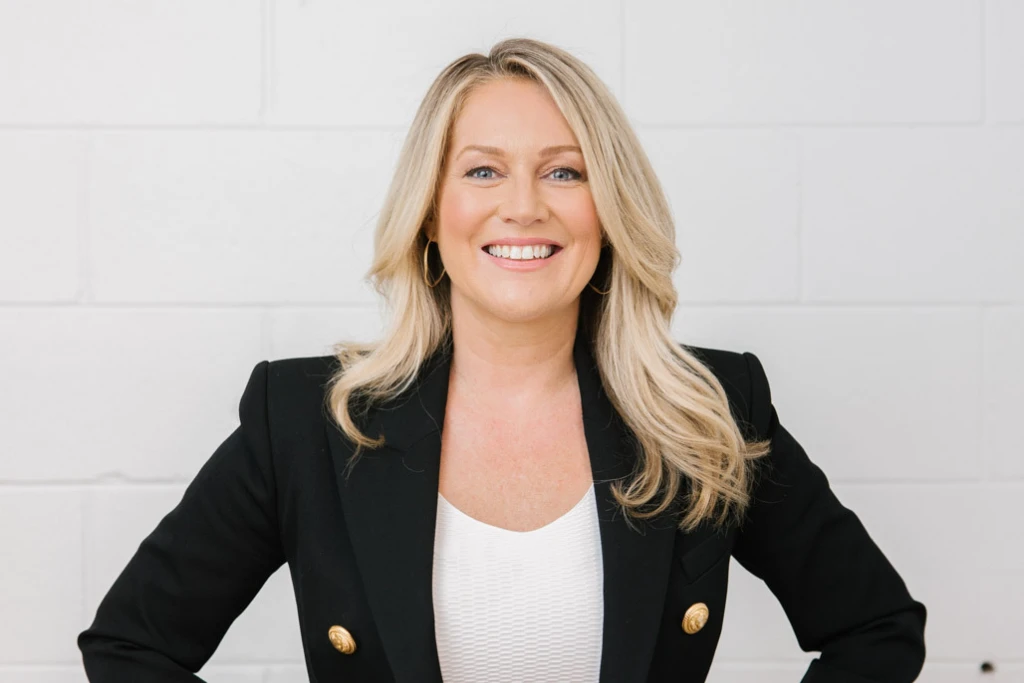Debt consolidation vs. personal budgeting: what’s the best way to pay off debt?
Find out how Australians can take control of debt, reduce financial stress and discover whether debt consolidation or a personal budgeting plan will help you reach your financial goals.

Finding the right path to financial freedom
Feeling weighed down by multiple debts? Many Australians are juggling credit cards, personal loans, and overdue bills, all while the cost of living keeps climbing. With so many repayments due at different times, it can feel impossible to stay in control of your finances or reach your long-term financial goals. So, is debt consolidation the answer? Or could a personal budgeting plan be the smarter way to get back on track? Let’s break it down simply.
What is debt consolidation and how does it work?
Debt consolidation means rolling multiple debts into one single loan. Instead of making separate repayments to different lenders, you make one regular payment, ideally at a lower interest rate. The goal is to simplify your finances, reduce stress, and possibly save on interest over time. But as with any loan, there are pros and cons to weigh up before signing on the dotted line.
What are the types of debt consolidation loans?
There are two main types of debt consolidation loans in Australia: secured and unsecured.
Secured loan: this uses an asset you own (like your home) as collateral. Because it’s less risky for the lender, interest rates are usually lower. The catch? If you can’t make repayments, your home could be repossessed.
Unsecured loan: this type doesn’t require collateral but usually comes with higher interest rates because the lender is taking on more risk. Approval depends on your income, credit score, and expenses. Before taking on any loan, it’s worth comparing rates, fees, and the total repayment cost using a loan or repayment calculator.
The pros and cons of debt consolidation
What are the benefits of debt consolidation?
Debt consolidation can help if you’re struggling to manage multiple payments or high interest rates. Benefits may include:
- Simplified repayments: only one monthly payment to manage
- Lower interest rate: potentially cheaper than the combined rates on credit cards and store cards
- Improved cash flow: lower monthly repayments can free up money for essentials or emergencies
- Better credit score over time: making consistent, on-time payments can improve your credit rating.

What are the risks of debt consolidation?
Debt consolidation can feel like instant relief, but it’s not a magic fix. Risks to consider include:
- Collateral risk: if your loan is secured, you could lose your home if you default
- Paying more interest over time: extending your loan term may reduce monthly payments but increase the total interest cost
- Debt temptation: clearing your credit cards can be risky if you continue spending
- Hidden fees: some loans include setup or administration fees that reduce your savings. Always check the comparison rate and fine print.
Is debt consolidation always the best solution?
Not necessarily. Debt consolidation can simplify things, but it doesn’t address the behaviours or spending patterns that caused debt in the first place. For some, taking on another loan can make things worse, especially without a solid budget in place. That’s where personal budgeting comes in.
How can personal budgeting help me get out of debt?
Personal budgeting is about understanding where your money goes and creating a plan to use it wisely. A tailored budget can help you pay off debt, stay on top of bills, and start saving for the future without needing another loan. With the right budget planner or help from MyBudget, you can:
- See your full financial picture: income, expenses, and debt repayments
- Identify areas to cut costs or redirect spending towards repayments
- Build a debt repayment plan (like the “debt snowball” or “avalanche” method)
- Avoid new debt by planning for emergencies and upcoming expenses
- Create a savings fund for long-term goals. At MyBudget, our expert Money Coaches design realistic budgets that align with your lifestyle and priorities, not just the numbers on a spreadsheet.
Can negotiating with creditors help instead of consolidating debt?
Yes, and it’s often easier than people think. If you’re struggling to meet repayments, you can contact your lenders directly to request lower interest rates, extended terms, or even waived late fees. Check out these handy, word-for-word creditor negotiation scripts.
“It’s about opening the lines of communication to work out terms that actually work for you.”
Tammy Barton, MyBudget Founder & Director
If that feels overwhelming, MyBudget can negotiate on your behalf. Our Debt Arrangement team works with creditors every day to create manageable repayment arrangements.
What are some real-life examples of MyBudget clients paying off debt?
Debbie and Alan – choosing budgeting over consolidation
With multiple debts and growing financial stress, Debbie and Alan turned to MyBudget. Our team built a personalised budget and negotiated payment arrangements with creditors, no new loans needed. They’re now debt-free, saving money, and focused on their long-term financial goals.
Callum and Sally – when debt consolidation made sense
Callum and Sally had 17 debts totalling over $5,800 a month. MyBudget Loans helped consolidate them into one payment of $4,099, saving $1,741 monthly. With discipline and budgeting support, they regained control and used their savings for home improvements.
So, which debt solution is right for you?
It depends on your situation. If your debts are manageable but your budget feels stretched, a personal budgeting plan may be all you need to get ahead financially. If your interest rates are sky-high or you’re managing multiple creditors, debt consolidation might simplify things, but only if it’s paired with strong budgeting habits to avoid falling back into debt.
Ask yourself:
- Do I have enough income to cover repayments and essentials?
- Am I confident I won’t rely on credit cards again?
- Do I understand the full cost of a new loan, including fees?
If you’re unsure, that’s where we can help.
How can MyBudget help Australians struggling with debt?
At MyBudget, we help Australians reduce debt, manage repayments, and build financial stability without the stress. Whether you’re considering debt consolidation or want a smarter budgeting plan, our team will guide you through every step. We can:
- Create a personalised debt repayment plan
- Negotiate with creditors to reduce payments and fees
- Pay bills and debts on time from your budget
- Help you save for emergencies and long-term goals.
Download our free eBook: 10 steps to get out of debt.
Take control of your debt today
Before taking out a new loan, explore the power of personal budgeting. MyBudget has helped over 130,000 Australians take control of their finances, pay off debt, and start saving for the future.
Get in touch with us today to create your personalised budget and debt repayment plan, no obligation, just expert guidance to help you find your way forward.
Enquire online today or call 1300 300 922 for a free chat to help you take control of your finances and tackle debt head-on.
FAQs
What is debt consolidation and how does it work?
Debt consolidation combines multiple debts into a single loan, ideally at a lower interest rate. This can simplify payments by having one fixed monthly repayment instead of managing several debts.
Is debt consolidation the best solution for me?
Debt consolidation can help simplify finances and lower interest rates, but it’s not a one-size-fits-all solution. It depends on your debt situation and whether you’re addressing the underlying causes of debt.
What are the risks of consolidating debt?
The main risks include using your home as collateral (with a secured loan), paying more in interest over time if the loan term is extended, and the temptation to rack up new debt after clearing credit cards.
Can I negotiate with creditors instead of consolidating debt?
Yes, negotiating directly with creditors can help you reduce interest rates, extend repayment terms, and possibly waive fees. This approach can sometimes be more flexible than consolidating your debts into a new loan.
How can MyBudget help me with my debt?
MyBudget provides tailored budgeting plans, debt repayment strategies, and expert guidance to help you manage your debt, negotiate with creditors, and achieve financial stability.
What makes MyBudget different from other financial services?
MyBudget is a total money management solution offering personalised budgeting, debt management plans, and expert support. With 12‑month visibility of your finances, we help Australians plan, stay on track, and know exactly when they’ll be debt‑free or reach their savings goals, creating true financial peace of mind



